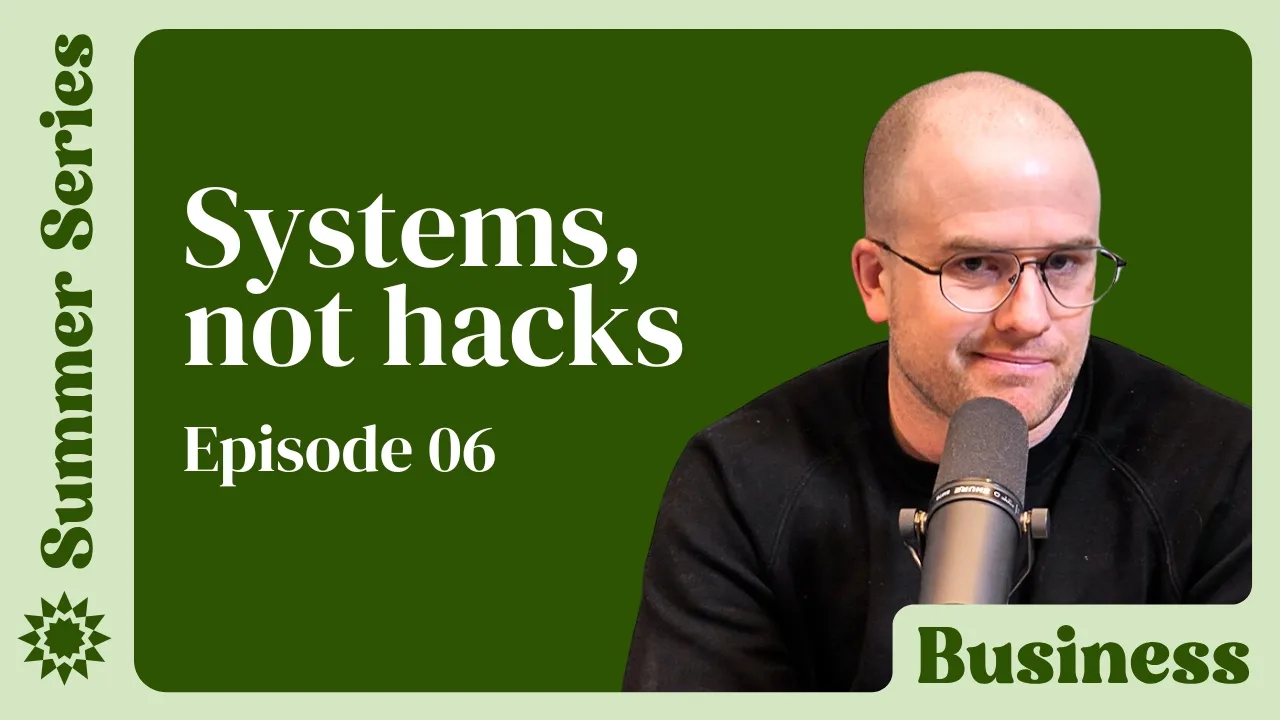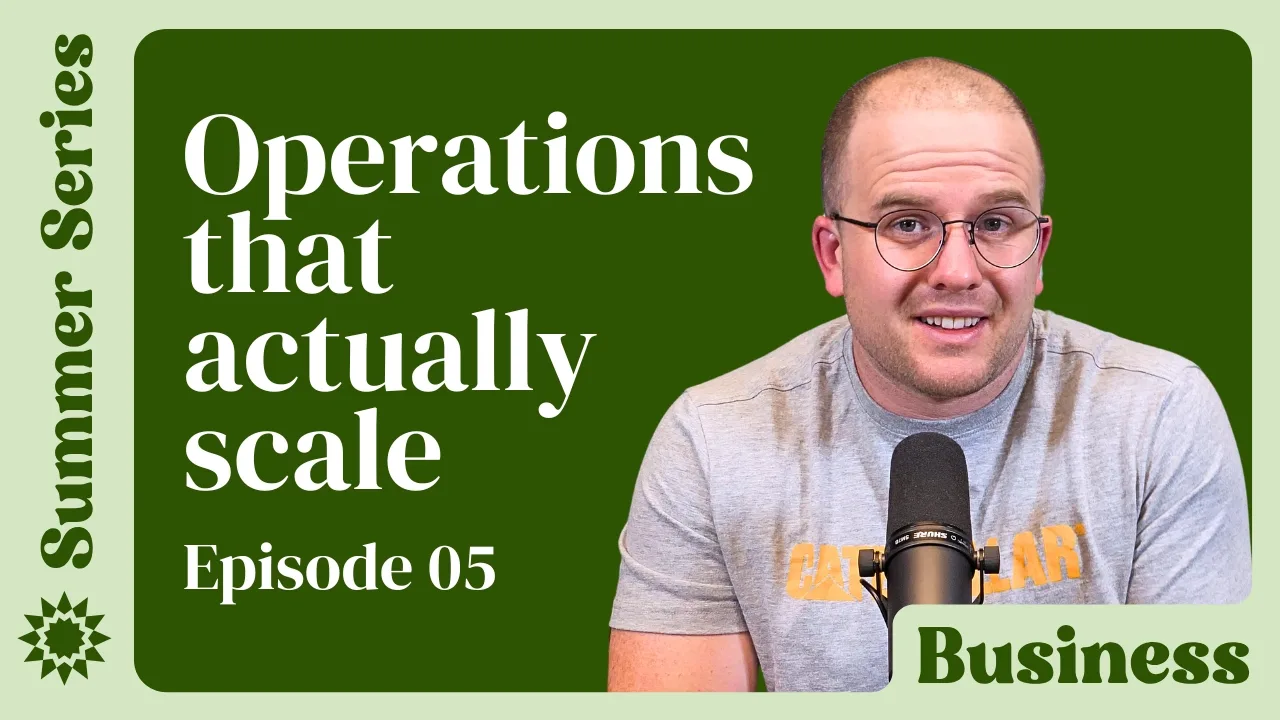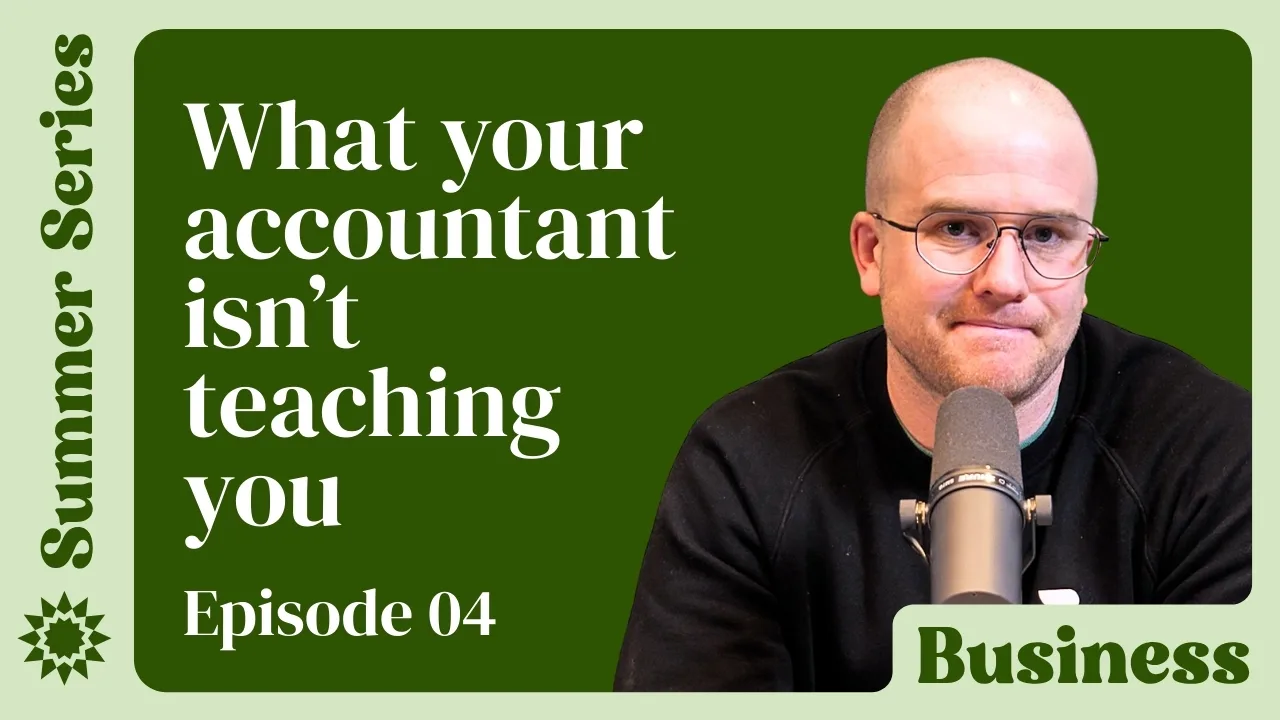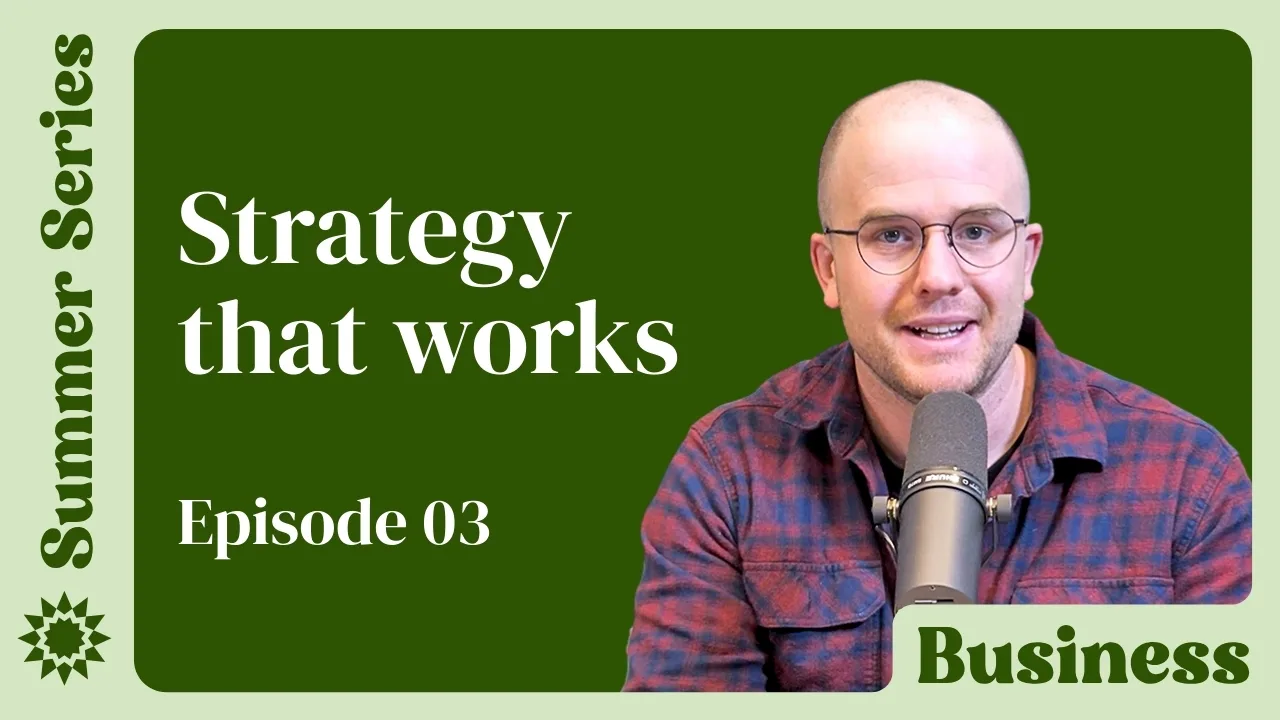In this Australian Business Podcast episode your host Owen Rask speaks with Marcus Ritchie of Primary Markets, a platform designed to help companies manage their shareholders, employee schemes, investors and raise capital.
Marcus Ritchie is the CEO of Primary Markets and an experienced leader in the world of private and public companies.
💡 This Australian Business Podcast episode will be really useful if you’re a small or medium business and you’re thinking about, or already have, shareholders in your company.
- How do you manage shareholders?
- How do you attract them?
- Should you communicate your results and strategy with them?
- When you need to raise capital to grow, what can you do to improve your chances of success?
Talking points with Marcus Ritchie of Primary Markets
How did you come to be involved in primary markets?
While I had childhood businesses and run my own private company, my background is in public markets, or with companies on the stock market. Can you give us a lay of the land in terms of public versus private companies in Australia?
- Start by defining what is ‘public’ and what is ‘private’?
- How many companies are there overall?
- How many private companies exist in Australia?
- The Aussie stock market has around 2,500. But what percentage of companies on the stock exchange are tiny and probably don’t need to be on there?
Why do companies choose to stay private? Instead of “going public” via an IPO?
Why do companies use Primary Markets instead of, say, the ASX or a stock exchange? Are there downsides to being a “public” company in terms of reporting requirements?
What options does a business owner have if they want to sell their company?
What does a business owner need to do (financially, operationally, or marketing-wise, etc.) to sell a business?T
What’s the difference between the costs of administrating a private company, for shareholders, investors, etc. versus a public company? What does it cost to use a platform like Primary Markets to manage your company, or invest in others?
What are the limitations, benefits or opportunities of a platform like Primary Markets versus, say, a crowdfunding platform?
How does the Primary Markets platform ensure investors’ money is safe and that the companies maintain their responsibility for disclosure to shareholders?
Can you talk to us about the size of your platform from an investors’ perspective and any trends you find interesting?
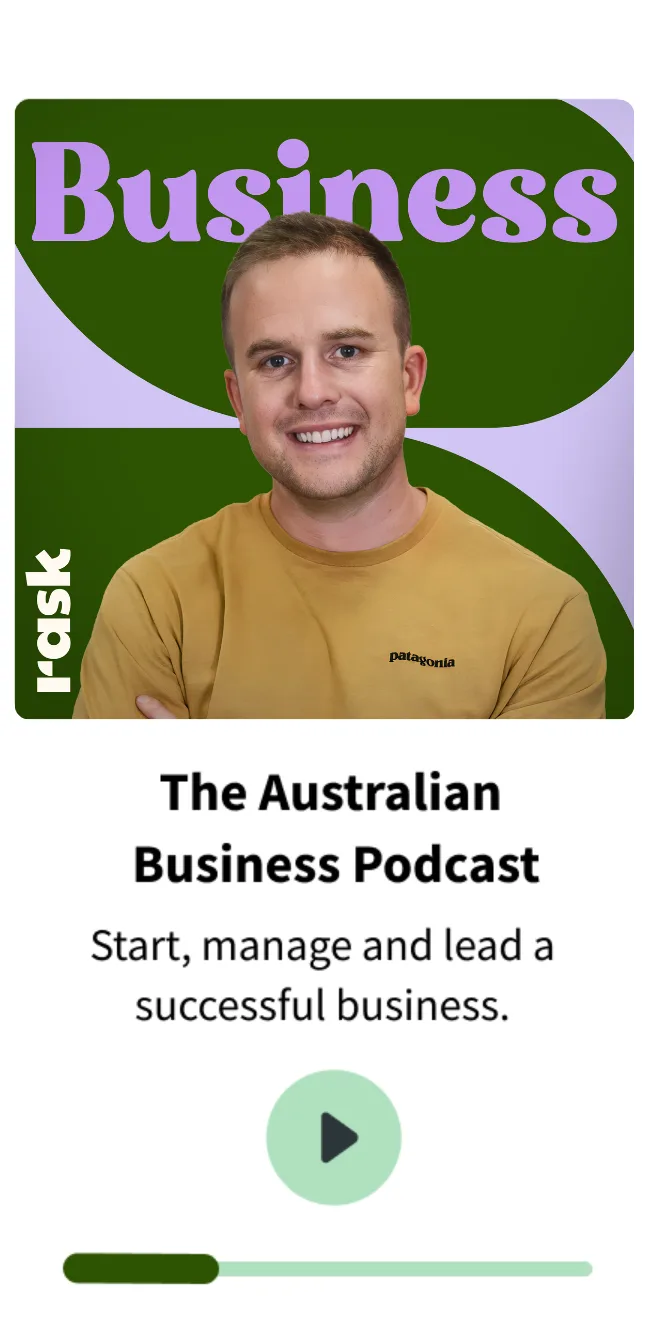
 Grey Space Advisory – snag a $100 health check
Grey Space Advisory – snag a $100 health check Rask – Get Owen’s best investing research
Rask – Get Owen’s best investing research